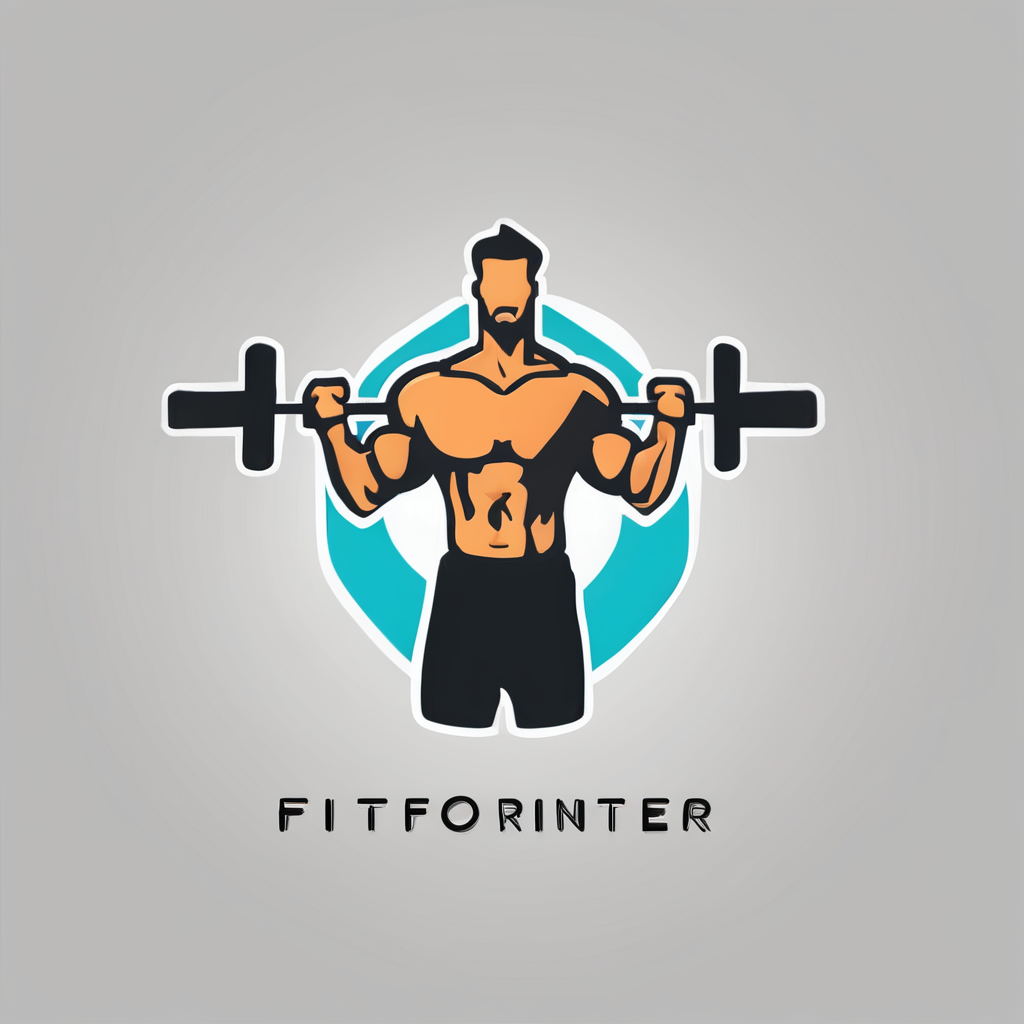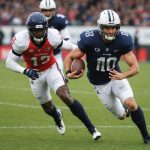When engaging in a fitness journey, understanding how to fuel your body effectively is crucial for achieving your goals. Many individuals overlook the significance of nutrition in relation to their exercise routines, yet the right approach can drastically improve performance and overall health. Whether you are a seasoned athlete or just starting your workout regimen, grasping the essentials of pre and post workout nutrition will enhance your energy levels and aid muscle recovery. This article will explore the best practices for nourishing your body to maximize your fitness routine.
The Importance of Pre-Workout Nutrition
Before you dive into your workout, the meal you consume can set the tone for your exercise performance. Pre-workout nutrition is about providing your body with the energy it needs to tackle physical challenges. Your choice of carbohydrates and protein will play a pivotal role in how you feel during your workout.
Have you seen this : How can interval training enhance your cardiovascular endurance?
The ideal pre-workout meal should be consumed about 30 minutes to two hours prior to your session. This timeframe allows your body to digest the food and convert it into usable energy. A combination of carbs and protein is optimal, as carbs provide the quick energy source your muscles crave, while protein supports muscle repair and synthesis.
For instance, a banana with a spoonful of peanut butter or a bowl of oatmeal topped with berries are excellent choices. These options supply natural sugars and essential nutrients while being light enough to avoid causing discomfort during your exercise. Furthermore, staying hydrated is crucial—drink water to ensure your body is adequately prepared for the rigors of training.
Have you seen this : How can you incorporate active recovery days into your fitness regimen?
Failing to eat before your workout can lead to fatigue and decreased performance. When your body lacks the necessary fuel, you might find yourself struggling to complete your workout effectively. Therefore, be mindful of what you choose to eat, as it directly impacts your energy levels and overall workout experience.
Optimal Nutrient Composition for Energy
When devising your pre-workout meal plan, focus on the right balance of carbohydrates, protein, and healthy fats. Each nutrient plays a different role in fueling your body and supporting your fitness goals.
Carbohydrates are the primary energy source for high-intensity exercise. They break down into glucose, which your muscles use for fuel during workouts. Depending on your fitness level and workout intensity, aim to consume a meal rich in carbs. Whole grains, fruits, and vegetables are excellent choices because they release energy slowly, ensuring a steady supply throughout your session.
On the other hand, protein is essential for muscle recovery and growth. Including a moderate amount of protein in your pre-workout meal helps preserve muscle mass and enhances recovery. Foods like yogurt, chicken, or plant-based proteins such as beans can be great additions.
While healthy fats are often vilified in the fitness community, they also have a place in your pre-workout meal, but in moderation. Fats take longer to digest, so keep them to a minimum right before your workout. Avocado, nuts, or olive oil are excellent sources and can provide lasting energy.
Finally, do not neglect hydration. The role of water cannot be overstated; without it, your body cannot perform at its best. Aim to drink water before, during, and after your exercise to maintain optimal hydration levels.
Post-Workout Recovery and Nutrition
Post-workout nutrition is just as important as pre-workout meals. After your exercise, your body is in a recovery mode, and what you consume can have a profound effect on how well you recover and refuel your muscles. The primary goal post-workout is to replenish the energy you’ve expended and provide your body with the necessary nutrients for recovery.
Ideally, you should consume a meal or snack within 30 minutes after your workout. This is often referred to as the ‘anabolic window,’ where your muscles are particularly receptive to nutrients. A combination of carbohydrates and protein is vital during this period. The carbs help replenish glycogen stores, while protein aids in muscle repair and growth.
Examples of effective post-workout meals include a protein shake with a banana, a turkey sandwich on whole-grain bread, or a quinoa salad with mixed vegetables. These options not only satisfy your body’s need for recovery but also keep your energy levels stable.
In addition to food, rehydrating with water is essential. After intense workouts, you may lose substantial amounts of fluids through sweat. Replenishing those fluids is critical for your body’s recovery process. Consider drinking an electrolyte-rich beverage if your workout was particularly strenuous to replenish lost minerals.
Common Myths About Workout Nutrition
When it comes to nutrition, there are several myths that can mislead individuals trying to optimize their workout routines. One common misconception is that you must eat a large meal immediately after your workout to see results. While it’s essential to eat, the focus should be on the quality and timing of your nutrients rather than the quantity.
Another myth is that carbohydrates are detrimental to weight loss and should be avoided. In reality, carbs are crucial for providing the energy needed during exercise. Cutting them out entirely can lead to fatigue and decreased performance. Instead, focus on the right types of carbs—choose whole, unprocessed sources that provide fiber and other nutrients.
Some also believe that protein supplements are necessary for recovery. While protein is important, many whole foods can provide sufficient amounts without requiring supplements. Foods like lean meats, dairy, legumes, and nuts can deliver the protein your body needs for recovery.
Lastly, many people think hydration is only important during a workout. In truth, maintaining hydration is vital throughout the day. Staying hydrated helps regulate body temperature, joint lubrication, and overall performance. Aim to drink water regularly, not just before or after your exercise.
Creating a Personalized Nutrition Plan
To harness the benefits of nutrition tailored to your fitness goals, creating a personalized nutrition plan is essential. Begin by identifying your specific goals, whether it’s weight loss, muscle gain, or enhancing endurance. From there, you can tailor your pre and post workout meals accordingly.
Start by tracking your current nutrition habits. Keeping a food diary can help you understand your intake of carbohydrates, protein, and fats. Use this information to identify areas that need improvement or adjustment. Consider consulting with a registered dietitian or nutritionist who can provide expert guidance based on your individual needs.
As you develop your plan, remember to focus on whole, nutrient-dense foods. Aim for meals that incorporate a variety of food groups, ensuring you supply your body with the necessary nutrients. Experiment with different meal timings to discover what works best for you. Some may thrive on larger meals before workouts, while others may prefer smaller snacks.
Incorporate hydration strategies as well. Develop a routine for drinking water before, during, and after your workouts to ensure you remain properly hydrated. Listen to your body and adjust your nutrition and fluid intake based on how you feel during your exercise sessions.
Creating a personalized nutrition plan is a dynamic process. Be open to making adjustments based on your results, preferences, and changing fitness levels.
Understanding how to effectively fuel your body with the right nutrition before and after workouts is essential for achieving your fitness goals. By prioritizing the right balance of carbohydrates, protein, and hydration, you can significantly enhance your performance and recovery. Challenge common myths and adapt your nutrition to support your unique needs. As you develop a personalized plan, remember that consistency and quality are key. With the right approach to meal planning, you can maximize your workout potential and foster long-term health.











